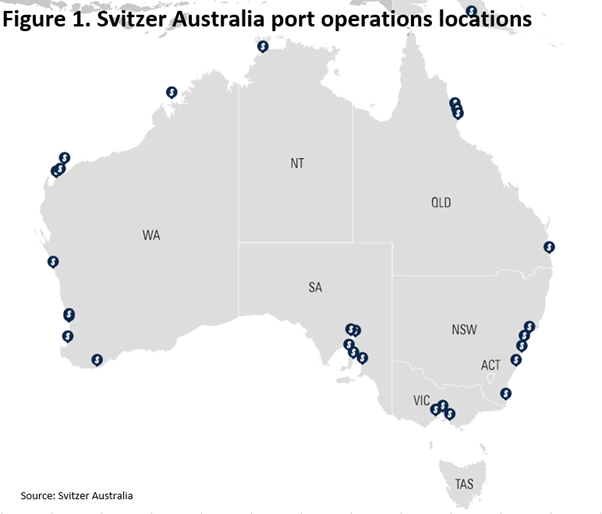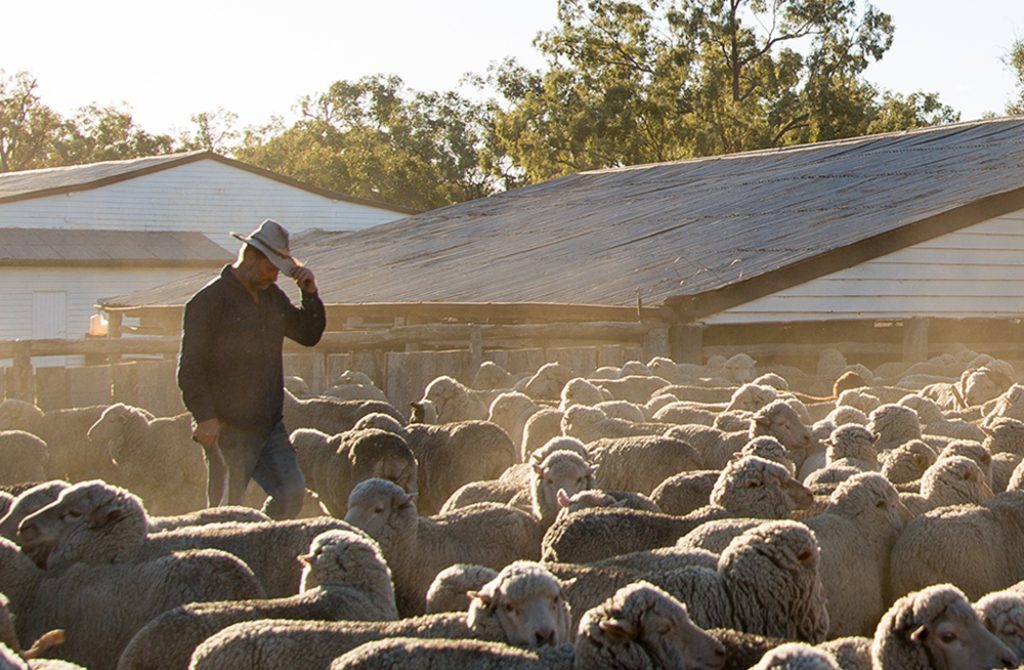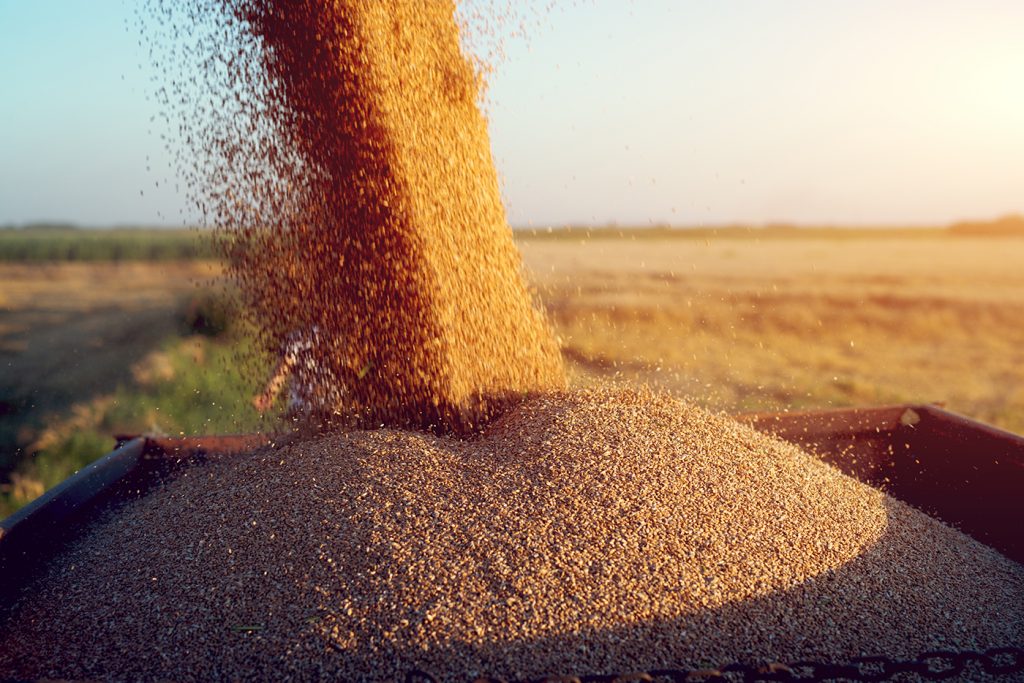In mid November, Tug boat operator, Svitzer attempted to lock out their employees indefinitely, leaving Aussie ports crippled, with export and import activities frozen. It didn’t happen this time due to legal action, but the problem hasn’t gone away.
The immediate threat of a port lockout crisis has ended, but medium term risks to producers are still posed by the increasingly escalating battle on the waterfront between tug boat crews, represented by their unions the MUA, AIMPE; and their employer Svitzer (a subsidiary of Maersk). The continuing dispute has the potential to have an impact upon grain export logistics, port storage availability, farm input availability and ultimately grain pricing. In some cases, like in WA, security of supply for key transport inputs such as diesel could again be threatened, and along with it the ability to plant, harvest, and transport grain.
In mid November, Svitzer attempted to lock out their employees and cut off their paycheques for an indefinite period; however this action was quashed in court by the full bench of the Fair work Commission (FWC). The reasoning behind the ruling was that the lockout action threatened significant damage to the Australian economy and the welfare of out population. Because Svitzer has an effective contractual monopoly on tug boat services across 17 key ports in Australia, many ships would be unable to berth and depart, which would have had significant impact upon the grain export and logistics industry. The fight is far from over yet though, with industrial action having the potential to begin again in the future, and potentially escalate into dangerous territory again.
Tug boat crews work long and irregular hours, away from their families, sometimes in dangerous conditions, with qualified tug master & engineers taking home in the region of 200-400K p.a. plus penalties. The workforce is highly skilled and specialised, with the required suites of competency certificates taking years of experience to accumulate, and are often highly port specific. The MUA claims that Svitzer wants reduce paycheques, and erode working conditions, while workers are looking for a modest payrise. There are big bikkies involved in this argument, which has dragged on three years now, and with such a yawning gap in expectations, a resolution is unlikely to be met, and could take a sudden turn, so this is a situation that should be monitored closely.
To provide some context to the direct ramifications of the dispute on port operations so far, within a short one month period over OCT/NOV 2022, over 250 instances of industrial action instigated by maritime unions have occurred, culminating in 2,000 manhours of work stoppages, or 3 hours per man in the 600 strong workforce. The nature of these has allegedly been largely administrative or minor in nature so far, such as refusing shift changes, overtime, not answering phones after hours and no flexibility on breaks. Treasury research indicates that the 17 key ports Svitzer services represent over 65% of Australian imports, with Svitzer’s influence over grain export capacity also substantial.
The good news is that Fair Work Australia (FWA) has banned both parties from further industrial action for a period of six months, meaning that Australian exports and imports should, in theory be safe from disruption until May 2023. While protected actions are banned, this has not precluded Svitzer from seeking to terminate the existing enterprise (pay) agreement with its workers, with that hearing scheduled to be heard on December 8th,, 2022. If Svitzer is successful, it’s workers will then be paid under the Marine Towage Award 2020. Under this award, table 14.1 indicates that a Master & Engineer’s minimum weekly pay would then only be $1,324.90 per week, ~69K p.a. although substantial overtime, allowances & special voyage payments are also applicable in addition. Analysis from unions such as the MUA indicates that the switch to the award would result in Svitzer being able to legally reduce final take home pay by around 47%, and be exposed to reduced redundancy costs in the event of a downsizing of operations. Svitzer has reportedly indicated to the unions that it will not immediately reduce pay rates, however, any termination of the enterprise agreement will provide powerful leverage in future rounds of negotiation.
If the termination is granted, the act of suspending the guillotine of potentially deep pay cuts over employees will undoubtedly impact morale & productivity negatively, and with it, the efficiency of our ports. Unhappy, underappreciated, and anxious employees are unlikely to give that extra 10% of effort.
What does it mean?
The Svitzer tug boat employee lockout last month was successfully stymied though legal channels, but the underlying pay dispute problem on the waterfront that sparked the crisis in the first place has still not been dealt with. A six month ban on industrial action has been put in place, which should give Australian industry some room to breathe, but one thing that cannot be controlled is the impact of low workplace morale impacting productivity on the ports till this is resolved, which will undoubtedly slow grain exports. In May 2023, industrial action can start again, so the situation should be monitored closely.
Have any questions or comments?
Key Points
- Svitzer tug boat pay dispute almost lead to port stoppages on Nov 18th.
- Ongoing dispute could impact grain exports, tractor, & fuel imports.
- 6 month ban on industrial action provides reprieve for industry & economy, but won’t prevent damage to workplace morale and productivity.
Click on figure to expand
Click on figure to expand
Data sources: Svitzer, FWA, MUA, Qube, AFR.
Photo Credit: Adam Meyer- “Canola Salt Lake Harvest”













